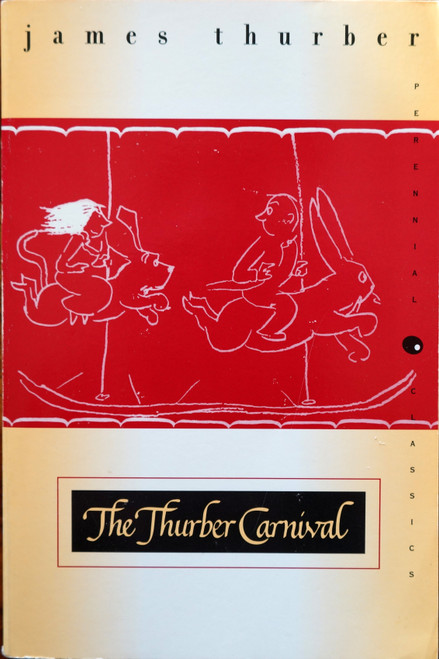Considered by many to be the most important philosopher of modern times, Friedrich Nietzsche influenced twentieth-century ideas and culture. Thus Spoke Zarathustra—published in four parts in the last two decades of the nineteenth century—is his masterpiece.
A unique combination of biblical oratory and playfulness, Thus Spoke Zarathustra chronicles the wanderings and teachings of the prophet Zarathustra, who descends from his mountain retreat to awaken the world to its new salvation. Do not accept, he counsels, what almost two thousand years of history have taught you to call evil. The ancient Greeks knew better: For them, goodness was nobility, pride, and victory, not the Christian virtues of humility, meekness, poverty, and altruism. The existence of the human race is justified only by the exceptional among us—the Übermensch, or “superman,” whose self-mastery frees him from the common prejudices and assumptions of the day.
This and other concepts in Zarathustra were later perverted by Nazi propagandists, but Nietzsche, a despiser of mass movements both political and religious, did not ask his readers for blind faith and obedience, but rather for critical reflection, courage, and independence.
With an Introduction by Kathleen M. Higgins and Robert C. Solomon
Notes by Kathleen M. Higgins, Robert C. Solomon and Clancy Martin
A New Translation by Clancy Martin
About the Author
Friedrich Nietzsche was born on October 15, 1844, to the family of a Protestant minister in the town of Röcken, which is located in the Saxony-Anhalt region of what is now eastern Germany. After studying philosophy in Bonn and Leipzig, Nietzsche became a professor at the University of Basel, Switzerland, in 1869. Later he opted to become a Swiss citizen. While working in Switzerland, he published his first book, a literary work titled The Birth of Tragedy from the Spirit of Music. This volume was produced during Nietzsche’s friendship with the composer Richard Wagner, though only a few years would pass before the two would part ways as a result of personal and intellectual differences.
In failing health and unable to devote himself full time to both teaching and independent writing, Nietzsche chose to resign his university position. During the next decade he wrote such works as Thus Spake Zarathustra (most of which appeared in 1883), Beyond Good and Evil (1886), Genealogy of Morals (1887), Twilight of the Gods (1888), Antichrist (1888), and Ecce Homo (1888).
His collapse while in Turin, Italy, in early 1899, would prove the beginning of a long and arduous struggle with ill health and insanity. Nietzsche died in the care of his family in Weimar on August 25, 1900, just a few weeks prior to his fifty-sixth birthday.
Nietzsche advocated the view that all humankind should reject otherworldliness and instead rely on its own creative potential to discover values that best serve the social good. His infamous “superman” or “overman” is one who has recognized how to channel individual passions in the direction of creative outlets. In rejecting the morality of the masses, Nietzsche celebrates the pursuit of classical virtues.
Kathleen M. Higgins and Robert C. Solomon are both professors of philosophy at the University Texas at Austin. Together, they have written What Nietzsche Really Said and A Short History of Philosophy and co-edited Reading Nietzsche.







